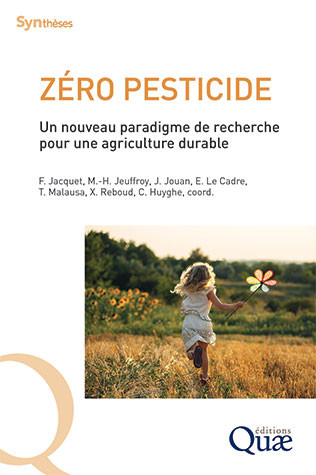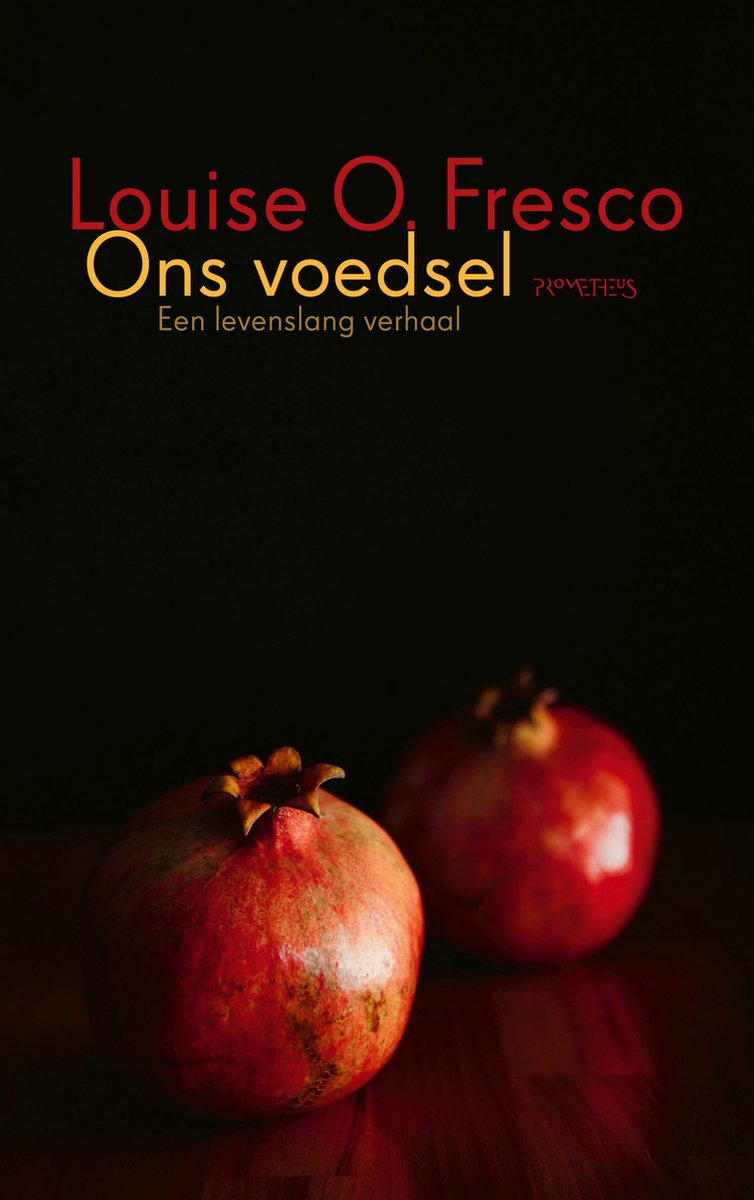See PAEPARD blogpost with extracts from the report:
- Overall assessment
- Internal institutional organisation
- Global and regional agri-food systems governance
- EU partnership with the RBAs (Rome based Agencies
- EU-Africa Research and Innovation (R&I) Partnership
- National agri-food systems governance
- Promotion of SAFS agenda
- Recommendations (extracts)
FAO. 2022. The future of food and agriculture – Drivers and triggers for transformation. The Future of Food and Agriculture, no. 3. Rome. # 444 p.
This report aims at inspiring strategic thinking and actions to transform agrifood systems towards a sustainable, resilient and inclusive future, by building on both previous reports in the same series as well as on a comprehensive corporate strategic foresight exercise that also nurtured FAO Strategic Framework 2022–31.
CGIAR Independent Advisory and Evaluation Service (IAES). (2022). Applying the CGIAR Quality of Research for Development Framework to Process & Performance Evaluations. (Beta version) Rome: IAES. #52 p.
The methods and criteria for evaluating CGIAR research are underpinned by two fundamental frameworks crucial to CGIAR and its stakeholders: the Quality of Research for Development Frame of Reference (QoR4D; last revision 2020), and the 2019 OECD Development Assistance Committee (OECD/DAC) Evaluation Criteria.
Tutundjian S.; Maroun D. (2022) White Paper on the Nationally Determined Contributions of Middle East and North Africa Countries Climate Action In the Arab Region Thriving Solutions LTD #60 p.
Achieving nutritional security through policies that promote healthy and sustainable diets is indeed possible in The Gambia, but it would require a significant increase in either domestic agricultural production, through improved yields or expanding agricultural land, or increased imports.
IISD (2023) Achieving Sustainable Food Systems in a Global Crisis: Summary Report, # 39 p.
This report summarizes the evidence-based and costed country roadmaps for effective public interventions to transform agriculture and food systems in Ethiopia, Malawi, and Nigeria in a way that ends hunger, makes diets healthier and more affordable, improves the productivity and incomes of small-scale producers and their households, and mitigates and adapts to climate change.
IISD (2022) Country Diagnostic Report: Malawi # 51 p.


This report highlights that without additional measures, progress on reducing extreme poverty in Nigeria is expected to stagnate and even reverse slightly, and that chronic hunger is also projected to increase in the country.
IISD (2023) Achieving Sustainable Food Systems in a Global Crisis: Ethiopia # 73 p.
This report presents an evidence based and costed country roadmap for effective public interventions to transform agriculture and food systems in Ethiopia in a way that ends hunger, makes diets healthier and more affordable, improves the productivity and incomes of small-scale producers and their households, and mitigates and adapts to climate change.
IISD (2022) Country Diagnostic Report: Ethiopia # 51 p.
This report shows that over the next decade, projected economic growth and the expansion of agricultural production in Ethiopia will contribute to an accelerated trend in the reduction of undernourishment and extreme poverty in the country.
Kako Nubukpo (2022) Une solution pour l’Afrique : du néoprotectionnisme aux biens communs # 304 p.
Putting in place an African neo-protectionism and preserving its own resources (land, digital goods, etc.), ensuring its sovereignty – food by developing agroecology, monetary and financial with the creation of a debt agency – are all avenues for Africa is reclaiming its destiny. With this conviction: by promoting a sharing economy, the commons are also deeply rooted in African social reality.
France’s ‘Cultiver Protéger Autrement’ (Growing and protecting crops differently) national priority research programme has been launched with the aim of finding new strategies that offer an alternative to pesticides. Research is key to the programme’s success and is being employed with a global vision. All scientific frontiers will be explored in order to gain new knowledge and strengthen society’s efforts to dispense with pesticides
Louise Ottilie Fresco is a Dutch scientist and writer known for her work on globally sustainable food production. You can safely describe 'Our food' as her memoirs. Fresco states in the book that food is the most important thing that people share. All food choices, from what you feed your kids to the quick bite at the station, say something about your personality. Food connects, but it also separates. Cultures and religions have their precepts and taboos, which have no biological use but a purely sociological one. Like fish on Friday or a ban on pork.
This report presents Thriving Solution’s analysis of the most recent National Determined Contribution (NDC) submissions of the following 16 Middle East and North Africa (MENA)
IIASA (2023) Securing sustainable and resilient food systems for The Gambia. POLICY BRIEF 36 # 4 p.
IISD (2023) Achieving Sustainable Food Systems in a Global Crisis: Summary Report, # 39 p.
This report summarizes the evidence-based and costed country roadmaps for effective public interventions to transform agriculture and food systems in Ethiopia, Malawi, and Nigeria in a way that ends hunger, makes diets healthier and more affordable, improves the productivity and incomes of small-scale producers and their households, and mitigates and adapts to climate change.
IISD (2022) Country Diagnostic Report: Malawi # 51 p.
This report shows that while agricultural production growth will continue in Malawi, it will not allow the country to achieve its Sustainable Development Goal 2 targets unless significant additional public investments are made to address poverty, promote dietary diversification, and mitigate environmental pressures from agricultural production.
IISD (2022) Achieving Sustainable Food Systems in a Global Crisis: Nigeria # 65 p.
This report presents an evidence-based and costed country roadmap for effective public interventions to transform agriculture and food systems in Nigeria in a way that ends hunger, makes diets healthier and more affordable, improves the productivity and incomes of small-scale producers, and mitigates and adapts to climate change.


IISD (2023) Achieving Sustainable Food Systems in a Global Crisis: Ethiopia # 73 p.
This report presents an evidence based and costed country roadmap for effective public interventions to transform agriculture and food systems in Ethiopia in a way that ends hunger, makes diets healthier and more affordable, improves the productivity and incomes of small-scale producers and their households, and mitigates and adapts to climate change.
IISD (2022) Country Diagnostic Report: Ethiopia # 51 p.
This report shows that over the next decade, projected economic growth and the expansion of agricultural production in Ethiopia will contribute to an accelerated trend in the reduction of undernourishment and extreme poverty in the country.
Kako Nubukpo (2022) Une solution pour l’Afrique : du néoprotectionnisme aux biens communs # 304 p.
Putting in place an African neo-protectionism and preserving its own resources (land, digital goods, etc.), ensuring its sovereignty – food by developing agroecology, monetary and financial with the creation of a debt agency – are all avenues for Africa is reclaiming its destiny. With this conviction: by promoting a sharing economy, the commons are also deeply rooted in African social reality.
- PAEPARD blogpost: 17 January 2023. Agriculture(s) : le temps des mobilisations.
Florence Jacquet et all (2022) ZÉRO PESTICIDE. Un nouveau paradigme de recherche pour une agriculture durable # 244 p.
- PAEPARD blogpost: 17 January 2023. Agriculture(s) : le temps des mobilisations.
Louise O. Fresco (2023) Ons voedsel. Een levenslang verhaal # 256 p.










No comments:
Post a Comment